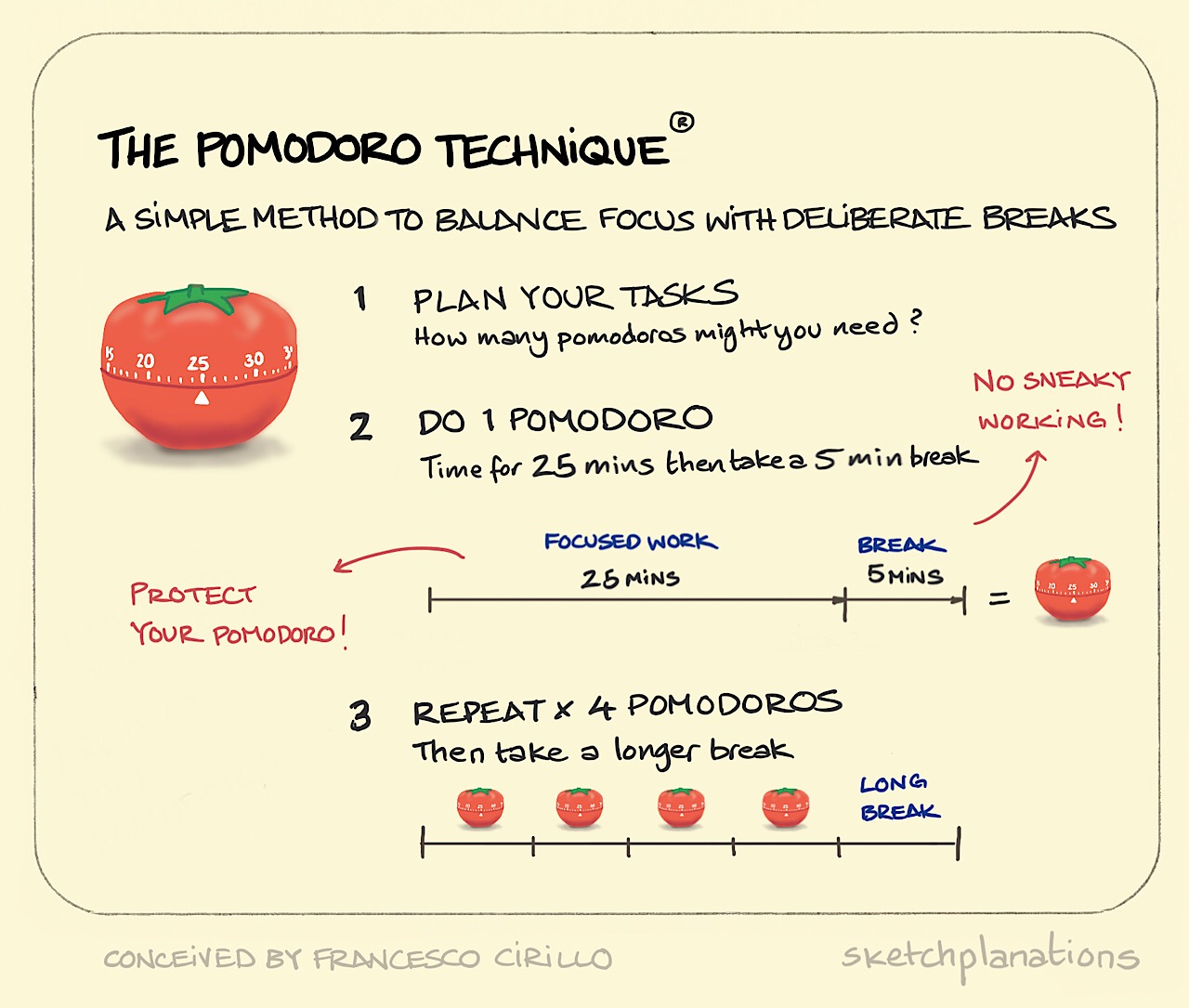Being prepared for exams is critical for academic success. But exams are also one of the most challenging aspects of a student’s educational journey.
Exams. The one exercise that is critical for academic success. Being prepared for it is important but it is also the most challenging. Many students struggle with exam preparations. Faced with the issue of time management and keeping motivated, the pressure to perform well academically adds to the stress.
But before you decide to postpone your long-overdue studying, consider the methods below to ease yourself into study mode. Make it part of your exam preparation. Instead of avoiding and cramming, they may be of some help.
You may procrastinate. But only just slightly.
Many articles have stated that procrastination can help with creativity and divergent thinking. But as it is with everything, there needs to be a balance and a limit to procrastination. Rumyantseva and Movchan (2022) discovered that students who do not procrastinate are able to complete complex tasks. Meanwhile, those who procrastinate a lot tend to take risks. On the other hand, students with average procrastination present both characteristics.
So which one are you?
Schedule in study time
Keep a calendar in your pocket as a handy tool to stay organized. Struggling with committing to extended study periods? Schedule 40 to 45 minutes of study time daily. And do not forget to set a reminder for this.
When you schedule and document your study time, you are most likely to stick to this schedule. While you’re at it, focus on the subjects that give you the most challenge when it comes to revision.
Do you know Pomodoro?
So, it is time to study. Do you tend to lose focus? Set your time for this. One of the most popular methods is the Pomodoro Technique. This technique helps you put aside time to concentrate on the task at hand, in this case, your revision, without any distractions.

With the Pomodoro Technique, you set aside the time to concentrate on your studying without any distractions (Illustration by Frances Cirillo)
Do not check the time. Just study until your alarm goes off. This indicates that 25 minutes is up. Then take no more than five minutes break before resuming for another 25 minutes of studying. Keep repeating this until you finish revising or until you need to take a break.
Some noise may be good
Study in a way that works for you. To some, listening to music while studying helps concentration. Some may find reading not efficient when it comes to studying. Feeling disconnected? Find a podcast or YouTube that can help you understand the content and concepts of what you’re studying.
This is the most effective way to study, especially if you are an auditory or visual learner.
Change your view
Your mind is wandering. Your back aches after sitting for too long. And you’re frustrated because you’re getting nowhere. How about trying to move to another location to study?

Going to a new place helps your brain link the information you study into one set of information. So how about moving to another location to study?
Going to a new place helps your brain link the information you study into one set of information. Going to another location creates different associations of the study materials. Through this, you gain a renewed perspective on the subject matter.
Studying in a new or unfamiliar place also helps you learn to cope with distractions better.
Walk
Walking boosts your heart rate which in turn increases blood flow to your brain. All these are linked to better cognitive function. According to Harvard Medical School walking is “the coolest thing we have to a wonder drug”.
Go to sleep
Cramming for your exams is not an effective study method. Cramming overloads the brain, leaving your cerebral exhausted, frustrated and fatigued. This contradicts what you want to achieve, which is retaining information.

Cramming overloads the brain, leaving your exhausted, frustrated and fatigued. So why not go to sleep and start fresh?
If you are feeling frustrated, why not go to bed? A good night’s sleep can improve your ability to keep information. When it is late and taking a walk is not possible, go to sleep and start fresh.
Haven’t you heard?
There is no such thing as ‘easy’ weeks in uni. This is the calm before the storm. Take advantage of lighter work weeks to work on your assignments, or to catch up on revisions.
Plan to ‘work’ on each class daily even if you do not have anything due. Spending 30 minutes daily on revision or material reading adds up to three hours per week. Once you’ve completed these, use that 30 minutes to start on another project to stay ahead.
Good luck everyone!

